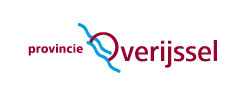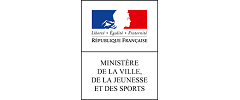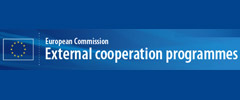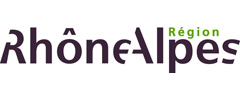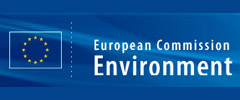Kick-off meeting in Khamiskuri, Georgia: project “Managing Wastewater through Global Partnership”
Project and planning were discussed and the target villages were visited.
11.06.2014 |WECF

Participants leaving the public meeting in Khorga
WECF 23/24.05.2014
On the 23rd of May, two WECF representatives together with the local partner organisation RCDA held a meeting with Mr. Gocha Kadjaia, head of the Khobi Municipality, and Mr. Edisher Jobava head of the Board of the municipality of the Khobi Municipal Government. Both target villages are part of the Khobi Municipality, where for the next two years the project activities will take place. During the meeting the aim and the concept of the project were explained and discussed. The local authorities committed their support to the project implementation and expressed their concern about the issues raised. They will actively participate in trainings and will be informed about the demonstration objects, which will be constructed throughout the project.
In the afternoon, at the Khamiskuri Water and Sanitation Resource Centre, the project team continued the discussion on the project objectives, activities, tasks and responsibilities.
A start-up meeting took place at the target village Khorga on the 24th of May. 28 village representatives, together with the co-organiser of the event from Khobi Municipal Government participated in the meeting. The village has a centralised piped water supply system. However, many households are not connected to the system. Sewage systems are not available; hence the wastewater is most of the time not treated.
The goals of the project were explained and the participants had the opportunity to state their concerns and problems. Some of the issues raised, were problems related to erosion, with ditches which are not cleaned and there are problems with sludge removal as well. There are a lot of small ponds in the village, which exist due to blocked ditches and they expose a risk for malaria. A threat of Hepatitis-A exists due to poor wastewater management, which causes amongst other things drinking water contamination. The kindergarten in the village has no water supply; the water is brought inside with buckets carried by the staff. Furthermore, the participants mentioned that the primary school lacks safe sanitation as well.
The participants expressed their interest in terms of project objectives, such as management of wastewater and animal manure, safe sanitation and hygiene as well as composting of organic waste and the prevention of erosion.
During the visit of the project-team to the riverbank of the Rioni river, the problems of the sludge disposal became apparent. A local representative from the neighbouring target village of Chaladidi focused the attention of the participants to the sludge disposal: Sludge from the ditches is brought in trucks and disposed of at the riverbank. In case of high water levels, the sludge is flowed down by the river water and finally flowed off into the Black Sea. Some households are told to treat their solid waste in the same way.

Sludge disposal at the riverbank of the Rioni river
The implementation of the project will meet several challenges, which will be discussed and approached through an intensive partnership with all stakeholders.
The project receives financial support from the United Nations Environment Programme (UNEP)
Further information can be obtained from:Anna Samwel
Bistra Mihaylova














